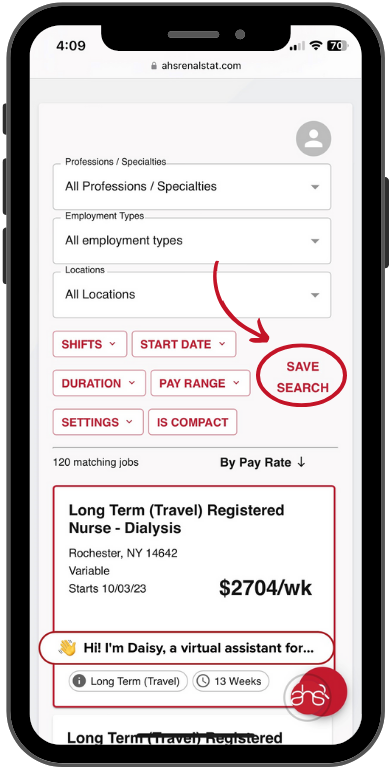Below are some tips on how to improve the relationship between nurses and pharmacist
Pharmacists and nurses form a vital part of the healthcare team and are entrusted with patient care including medication safety. Pharmacists support appropriate medication use and delivery while nurses administer medications. Both professions need to work together for optimal patient care. Nurses complain that pharmacists do not send medications on time. Pharmacists complain that orders are not clear and nurses do not send requests in a timely fashion or provide updates when orders change. Here are some suggestions for improving nurse-pharmacist realationships.
Communication: As in any relationship, it is very important to always have channels of communication open between nurses and pharmacists. Communication should be timely, direct, clear, concise, and free of ambiguity. Pharmacists complain that nurses do not send orders on time or request laboratory tests essential for adjustment of drug doses. Conversely, nurses are dissatisfied with information provided by pharmacy on how to administer and monitor medications.
Pharmacists should realize that nurses are their customers and strive to provide the highest level of support. A high level of service includes verifying orders, proactive communication about any service delays, anticipating potential process breakdowns, and verifying delivery and receipt of medication orders.
Nurses should realize that pharmacists have many orders to process and should plan ahead and request medications in a timely fashion. Potential treatment changes should be communicated quickly. Any breakdown in process should be communicated promptly to avoid further delays in delivery of medications.
Discussion of medication profiles of patients during rounds will make ensure that both nurses and pharmacists are aware of all medical decisions which will improve quality of care.
Professional Respect & Courtesy: Understanding each others role as health care professionals can help reduce misunderstandings between pharmacists and nurses. In addition, understanding nursing workload, processes, and challenges may help pharmacists provide better support. Conversely, nurses should be aware of pharmacy processes, work load, and challenges so they can strategically use pharmacy services.
Pharmacists are not always present at the bedside and may not have all the information about a patient. Nurses can provide relevant information that will help pharmacists provide a better service. Pharmacists should realize that nurses may not always know the right questions to ask about medication administration and monitoring; pharmacists should offer suggestions and be available to educate and provide support.
Pharmacists and Nurses Provide Patient Care: Nurses and pharmacists should realize that their common goal is to provide excellent patient care.Nurses and pharmacists should take joint responsibility of medication related processes. Pharmacists should make sure all orders are received and delivered on time.
Nurses should make sure orders are sent in a timely fashion so pharmacists have enough time to process orders. Nurses should also verify and document receipt and accuracy of orders received. Medication errors should be addresses promptly and preventive measures and education should be implemented jointly.
Teamwork: Recent trends in health care outline the importance of team work. It is impossible to have quality patient care without complementary relationships between various members of health care team. In a study involving 560 patients at John Hopkins University, it was found that teamwork reduces errors and lead to huge savings in health care settings. The study also suggested that nurse-pharmacist teams can effectively prevent medication errors and save money in a health care setting.
There should be collaboration of nurses and pharmacists as teams to ensure that medication related errors are prevented. Pharmacists and nursing committees should be formed to address patient care challenges that involve both professionals. Increased collaboration will bring both professions closer, open channels of communication, and improve patient care.
Monthly Meetings: Periodic joint nursing administration and pharmacy administration meetings may be helpful in fostering relationships and finding common solutions to issues. Challenges faced by each profession should be discussed and suggestions should be provided on how they can be addressed. These meetings can also be used for introducing new initiatives, training on processes or medications, or finding common grounds.
Conclusion
These suggestions will help resolve some of the issues between nurses and pharmacists. Patient care is a shared responsibility and each healthcare professional has a role. They will also strengthen relationships between nurses and pharmacists, two very important members of the healthcare team, and will lead to better quality of care. Nurses and pharmacists should set aside any misunderstandings and face professional and patient care challenges together.
– See more at: rxeconsult.com
by Kiran Mangat-Sohi
AHS Staffing
A Leading Dialysis and Pharmacy Staffing Agency
877-309-3546


